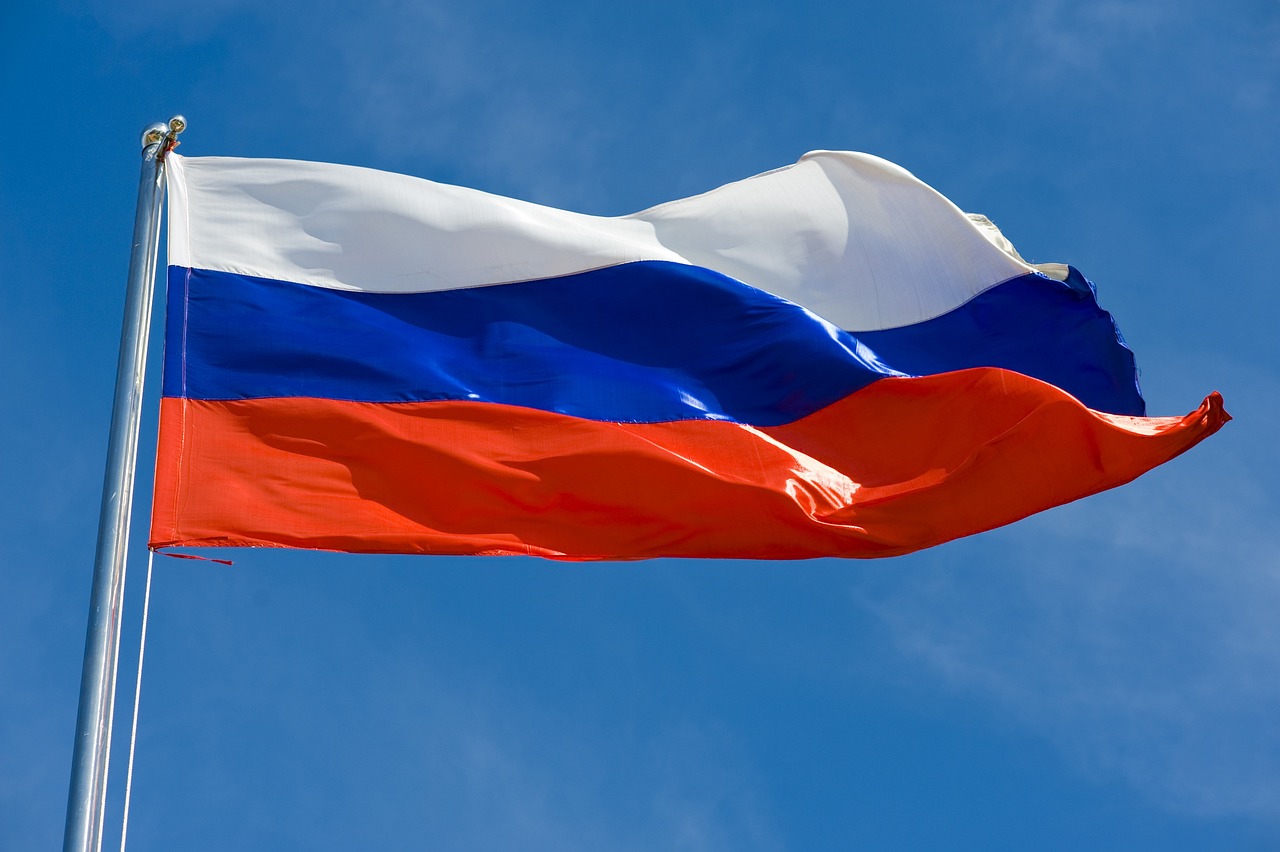1. Additional Financial Measures against Russia
These actions have increased the immediate and intense financial costs that President Putin’s war of aggression will impose on Russia, while further isolating it from global markets, investments, trade, and cutting-edge technologies. They include an intensive set of sanctions against VTB Bank (VTB) and its subsidiaries which effectively cut one fifth of Russia’s banking sector from accessing U.S. financial system; MOEX also faces full blocking sanctions that have effectively limited its activities in America and globally.
OFAC recently strengthened its powers to impose secondary sanctions against foreign financial institutions (FFIs) that engage in prohibited transactions with designated individuals and entities, furthering our determination to combat sanctions evasion by Russia-related entities. We strongly advise FFIs doing business in Russia to consider instituting risk-based controls such as enhanced screening procedures, reviewing customer and correspondent relationships, communicating compliance expectations to customers directly, sending questionnaires out for completion, as well as requiring compliance attestations forms from them – we will explore this further in future OFAC advisor.
2. Additional Measures against Russia’s Military-Industrial Base
The Bureau of Industry and Security (BIS) tightened export controls in an unprecedented show of multilateral coordination to effectively deny Moscow access to certain sensitive items used for defense, aerospace and maritime industries such as semiconductors, computers, telecommunications equipment, information security equipment lasers and sensors that it relies upon for defense, aerospace and maritime purposes, such as semiconductors computers telecommunications equipment information security equipment lasers and sensors. EU Japan Australia Canada New Zealand have all announced their intentions to implement similar export control measures as Russia.
JSC Bank Novikombank was placed under sanctions by the Department of Commerce with an asset freeze, trust service prohibition and correspondent banking prohibition imposed. Furthermore, Justice issued sanctions on Moscow Exchange, National Clearing Center and National Settlement Depository which play crucial roles in Russia’s securities markets and economy respectively. Finally Commerce also placed additional sanctions against future energy production, metal mining sector development and defense procurement by sanctioning owners, developers and operators of Arctic-2 LNG project.
3. Additional Measures against Russia’s Future Energy Capabilities
Treasury also is taking measures to impose secondary sanctions against foreign financial institutions (FFIs) with significant dealings or access to the United States, including full blocking sanctions on Russia’s largest bank – holding nearly one-third of all Russian banking sector assets and having nearly all correspondent and payable-through account relationships – this move aims to further limit Russia’s access to global financial systems and procurement networks while encouraging de-risking among FFIs that do business with Russia.
Treasury and State are expanding export control restrictions on goods and services that could aid Russia’s military capabilities, including energy technology. Their unprecedented cooperation with Allies and partners shows they stand firmly against Russian aggression against Ukraine.
4. Additional Measures against Russia’s Human Rights Violations
The Trump Administration took steps to deny Russia access to its foreign assets by imposing full blocking sanctions on Moscow Exchange, National Clearing Center, National Settlement Depository as well as several individuals. This action underscores their firm commitment to crack down on sanctions evasion while serving as a strong deterrent against foreign financial institutions (FFIs) continuing business with Russia or those engaging in similar activity.
The Obama Administration also issued full blocking sanctions on Russian elites for their involvement in human rights abuses against their own people, and expanded restrictions to encompass family members of senior Russian government officials. Furthermore, Treasury extended a ban on secondary markets for new debt issued by key Russian government financial institutions – further restricting liquidity available to the Kremlin. Furthermore, additional full blocking sanctions were placed upon entities and individuals which assist Russia’s war effort by funneling materiel and funds through convoluted and sanction-evasion schemes.
